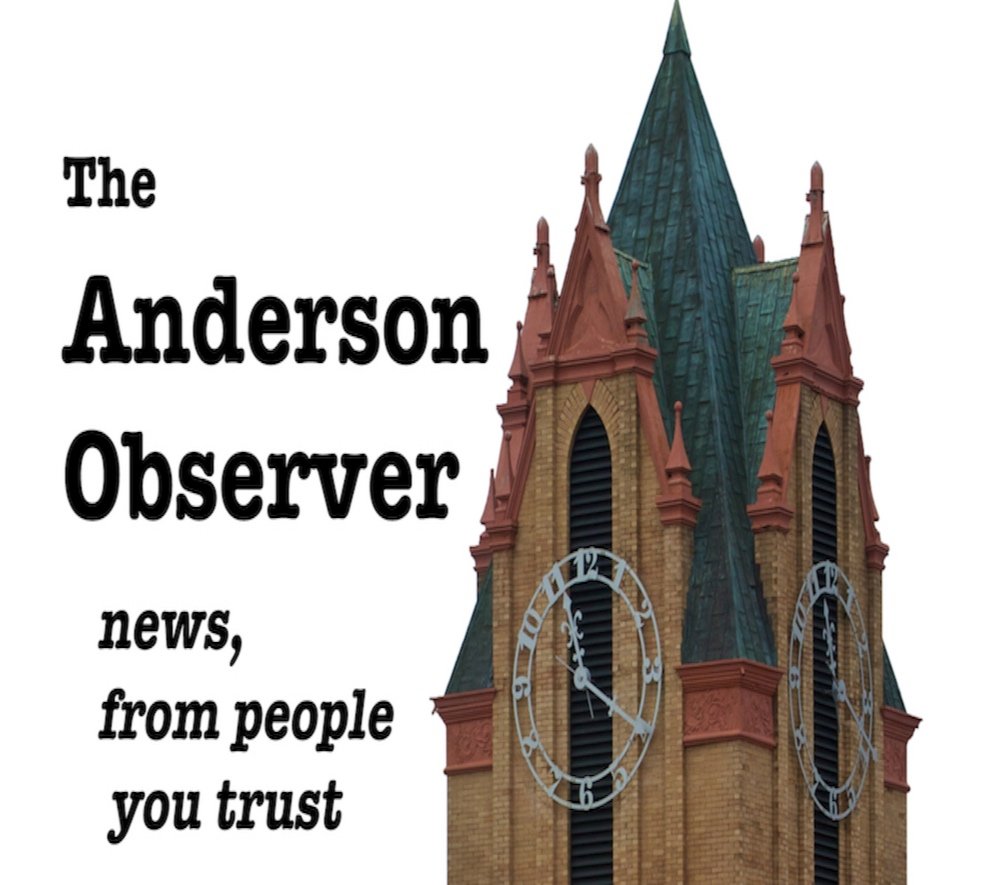A Day to Celebrate Andersonians Who Answered the Call of MLK Jr.
Greg Wilson/Anderson Observer
Holidays are important. They help build traditions which produce a sense of stability, unity, identity and connections to the past.
But holidays also often slip by with little thought to why a particular day is set aside for celebration of a person or event that matters.
I remember when the federal holiday was established to honor Dr. Martin Luther King, Jr. in 1983. In fact, I wrote an editorial praising the president and nation for taking such an important symbolic step.
It took another 17 years, a bitter fight and terrible compromise for South Carolina to recognize the day as a holiday. The bill passed only after lawmakers attached amendments that protected Confederate monuments and proclaimed that the Confederate flag is not a racist symbol. Dr. King would not have been surprised, but much of the rest of the nation rolled their eyes.
Those of us who grew up in the segregated South remember it well, though I know my friends and neighbors of color remember it better. Downtown Anderson had a “Whites Only” water fountain in front of the historic courthouse as late as 1970.
The worst of it was before my time. The verified lynchings, which are memorialized with the traveling art exhibit, is a reminder of how bad things got.
But out of that tainted soil grew heroes. Few of us locally knew Dr. King, but we saw other great men and women in our area answer his call.
Freedom Rider Cladys Harrison of Pendleton perhaps exhibited the spirit and courage of Dr. King as well anyone I know. Her bravery and gentle spirit often disarmed even the most craven of the violence-seeking racists who opposed the civil rights movement. See her story here.
Clemson President Robert Edwards worked diligently behind the scenes to get Harvey Gannt admitted to school in 1963, in stark contrast to many other Southern schools.
Clemson University Extension Agent Amos Well broke the color barrier, becoming the first African-American agent to work with white farmers in South Carolina, which was often a difficult task. His encyclopedic knowledge continues to make him an invaluable resource in our community, and an iconic figure for his courage in the face of some ugly situations.
Others also stood tall behind the scenes, including the tireless and brilliant efforts of Jack MacIntosh, who worked with the federal and state authorities to help Anderson integrate schools and avoid busing, and saved kids from long bus rides into strange neighborhoods.
And it is difficult to measure the effort and King-like commitment to public service those such as Beatrice Thompson, Al Norris, Carl Anderson, William and Gracie Floyd, Margaret Mack, Terence Roberts and others exhibited in moving the needle toward equality, opportunity and justice.
So today, as we celebrate the life and legacy of the great Dr. King, let’s also remember the men and women in our community who answered his call and celebrate them as well.
